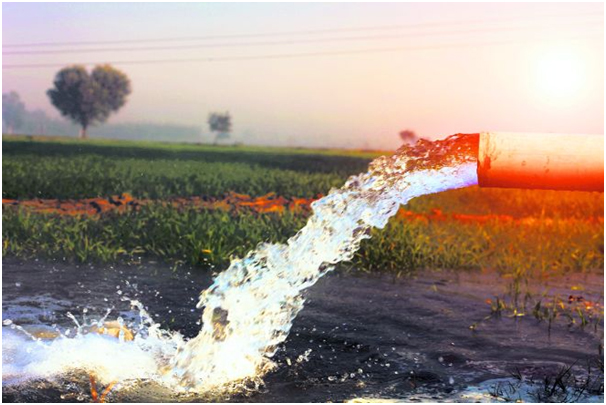Johannesburg (TIP): From growing vegetables to spending more time with their children, women’s quality of life improved drastically after piped water was installed near their homes in rural Zambia, Stanford University researchers said on Thursday.
In a study involving 434 households in four Zambian villages, they found not having to walk to a communal water source saved each home about 200 hours per year on average – freeing up time for more productive activities.
“Women and girls benefit the most from alleviation of domestic chores and from food production for nutrition and income generation,” said Barbara van Koppen, emeritus scientist at research organisation the International Water Management Institute.
“This study brings further unique proof that better water supplies enable more domestic and productive uses,” van Koppen, who was not involved in the study, said in emailed comments.
Globally, about 844 million people live without easily accessible water used for cleaning, cooking, drinking and farming, according to the study published in academic journal Social Science & Medicine.
With just 12% of the rural population in sub-Saharan Africa having water piped to their home, villagers – mainly women and girls – have to carry containers averaging 40 pounds (18 kg) from communal water sources, the study found. The four villages included in the research lie in Zambia’s southern province, two of which received piped water to their yard halfway through the study, meaning water was accessible 15 metres (49 feet) away.
The research showed women and girls with piped water supplies spent 80% less time fetching water, or four hours less each week, allowing them to garden, care for the children or sell goods instead.
Their households were four times more likely to grow vegetables either to sell or for their own consumption, and they also reported feeling happier, healthier and less anxious when they spent less time carrying heavy water containers.
“Addressing this problem provides the time and water for women and girls to invest in their household’s health and economic development, in whatever way they see fit,” said study author and Stanford researcher James Winter in a statement.
Despite the fact that previous studies have shown that piped water improves mental health and decreases the risk of infectious diseases, these installations have increased by only 2% in sub-Saharan Africa since 2007, the study found. — Reuters
